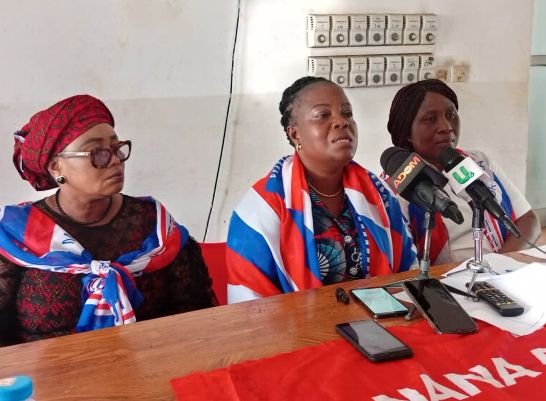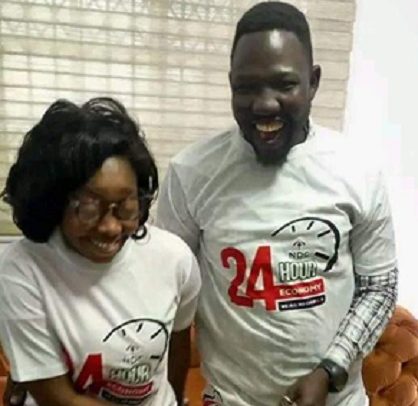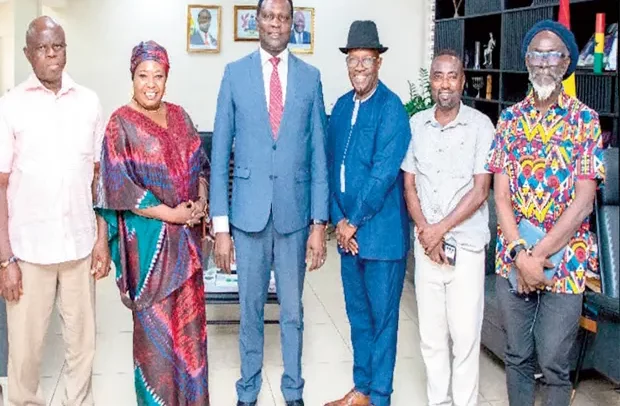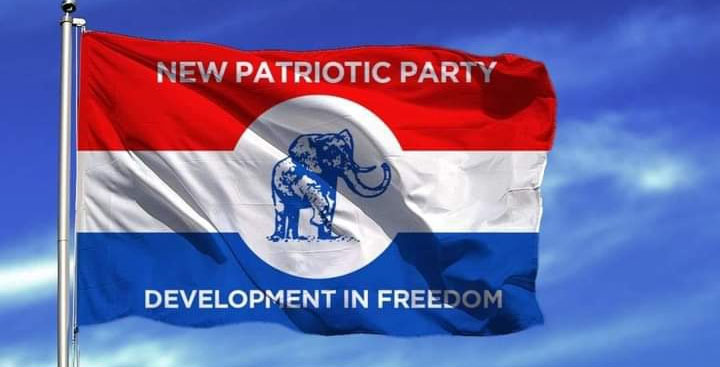
The important role of mentorship and role modeling for young people, especially young women, cannot be overemphasized.
It helps, not only to show them what is possible in a particular field but also to prevent them from making avoidable mistakes while achieving their goals.
For the youth in Ghana, where unemployment is a major challenge, this is very important and many individuals and organizations today, have made efforts to undertake mentoring work, as individuals or as a group.
Ms Jana Collins, Operations Director at the Girl Empowerment Network, in an article on "The importance of Mentors for Girls and Young" said mentoring could be empowering for both the mentor and the mentee.
Quoting Dr Lucia Gilbert of Santa Clara University, she stated that female students not only needed mentors but particularly female mentors who could model the greater diversity in women's lives today.
"Dr Gilbert's research shows that female students, more than male students, rated the same-sex mentor's lifestyle and values as highly important to their own professional development.
Gilbert also stresses that female students working with female mentors may provide an important antidote to some women's socialisation to please and defer to men.
Rather than being in a relationship of unequal power, in female mentor-female protégé relationships, both parties learn through this empowering relationships how to mobilise the energies, resources, and strengths of each individual," she noted in the article published on www.girlsempowermentnetwork.org.
Demonstrating this philosophy, the World Bank group's International Finance Corporation (IFC), has, this year been embarking on a mentorship series for young women in Ghana, with a view to equip them with the soft skills necessary to make them successful in their careers and life.
On the theme: "Ghana at 60; Equipping women for the next phase of Ghana's development," the project is aimed at supporting young women in Ghana in their careers so they can fully contribute to the next 60 years of development in the country.
The series started with a session for female CEOs and Ministers, followed by another with young women from some tertiary institutions in Ghana and panellists made up of successful Ghanaian women.
Ms Ronke-Amoni Ogunsulire, IFC Country Manager for Ghana, Benin, Burkina-Faso, Niger and Togo, said success in a career was not just about getting the right degree, studying the right courses or securing the right job with the right company, but also about strategic thinking, getting the right kind of advice and carrying oneself a particular way.
"Coaching and mentorship, we know is important to careers and we can't give a coach to everyone but we can share advice from time to time," she said.
Climaxing the two-day Development Finance Forum, held in Accra from May 31 to June 1, at the Kempinski Hotel, the IFC organised a mentorship session for young women from various tertiary institutions, featuring a panel of the IFC's top women executives.
Ms Ogunsulire said the session was organised to allow the executives; who hailed from and worked in various countries, and were attending the forum, to interact and encourage young Ghanaian women by sharing their stories and experiences with them.
Speaking during a panel moderated by Ms Anita Erskine, a Ghanaian celebrity, the mentors shared aspects of their personal and professional lives with the mentees, urging them to go the last mile in their work and to ensure balance between their personal and professional lives, if they were to be successful.
Ms Nena Stolkovij, IFC Vice President, Blended Finance Partnerships, said it was important to go the 'last mile' in every endeavour, and not just stop at their comfort zones.
She noted that a distinguishing attribute of most successful leaders was that they did not stop short of the 'last mile'; that is, putting in the extra effort.
She expressed the importance of doing this in their everyday work, even when they doubted their own abilities to achieve something.
Using her life as an example, she observed that it was important to push forward everyday when faced with self-doubt about particular tasks, as she did every day.
Ms Stolkovij expressed the importance of finding a balance, as women, between all aspects of life, including work, and relationships outside of work.
Answering a question from the audience on how to find balance between work and life and whether a woman could have it all, she spoke about the necessity for women to set priorities and find their individual balance that worked for them.
Ms Karen Finkelston, Chief Operating Officer of the Multilateral Investment Guarantee Agency (MIGA) of the World Bank, who has been promoted to the position of Vice President of Communication and Research effective July 2017, advised the young women to be more assertive in taking opportunities.
"Don't wait to be invited" she said, referencing an incident in her professional life urged women to 'jump up' and take opportunities.
She noted that in order for women to thrive, they must believe in themselves, go after the things they are passionate about, and be resilient, while ensuring that their whole lives were balanced.
"It's not just about your career, it's about the whole picture, including your family and friends," she stressed.
Addressing the perception that women were often their own enemies, Ms. Anita Bhatia, Director of Partnerships at the IFC said it was up to women to determine how they interpret the actions of other women.
She urged women to assume positive intent for the actions of other women that seem harsh. "Put yourself in the other woman's shoes," she said.
Ms Vera Songwe, IFC Director for West and Central Africa, encouraged the young women to ensure that they did not compromise on their principles in taking decisions and also to have empathy for people who resist their quest to go the extra mile in their work.
"Never be satisfied with where you are, there's always better," she stated.
Source: GNA
Read Full Story























Facebook
Twitter
Pinterest
Instagram
Google+
YouTube
LinkedIn
RSS